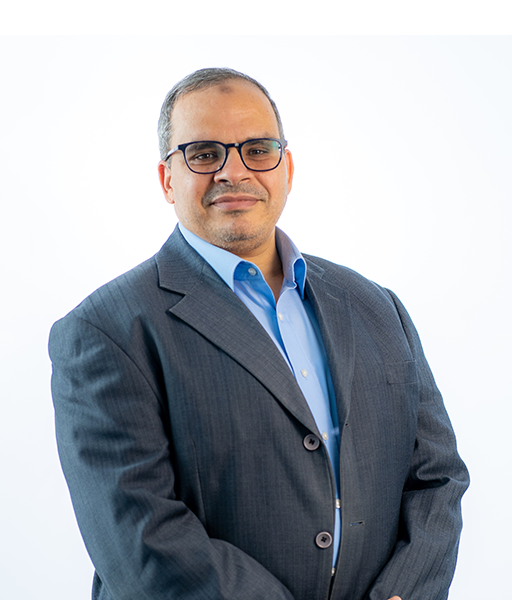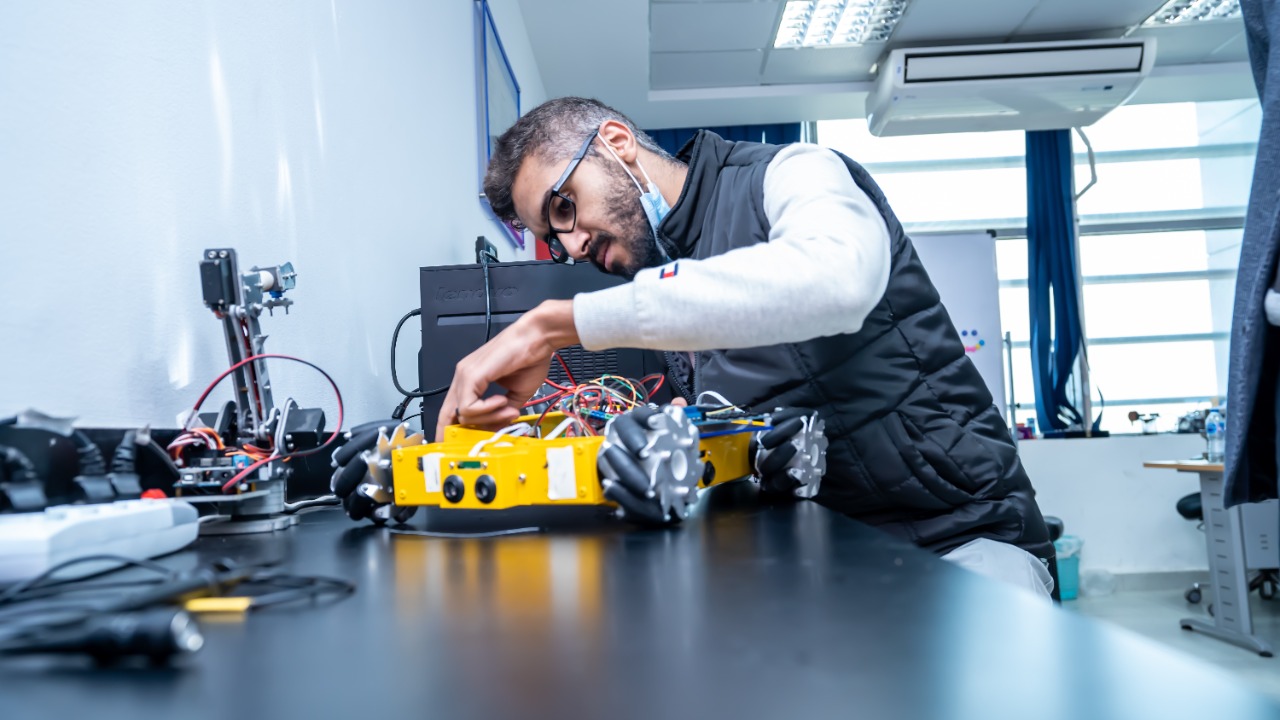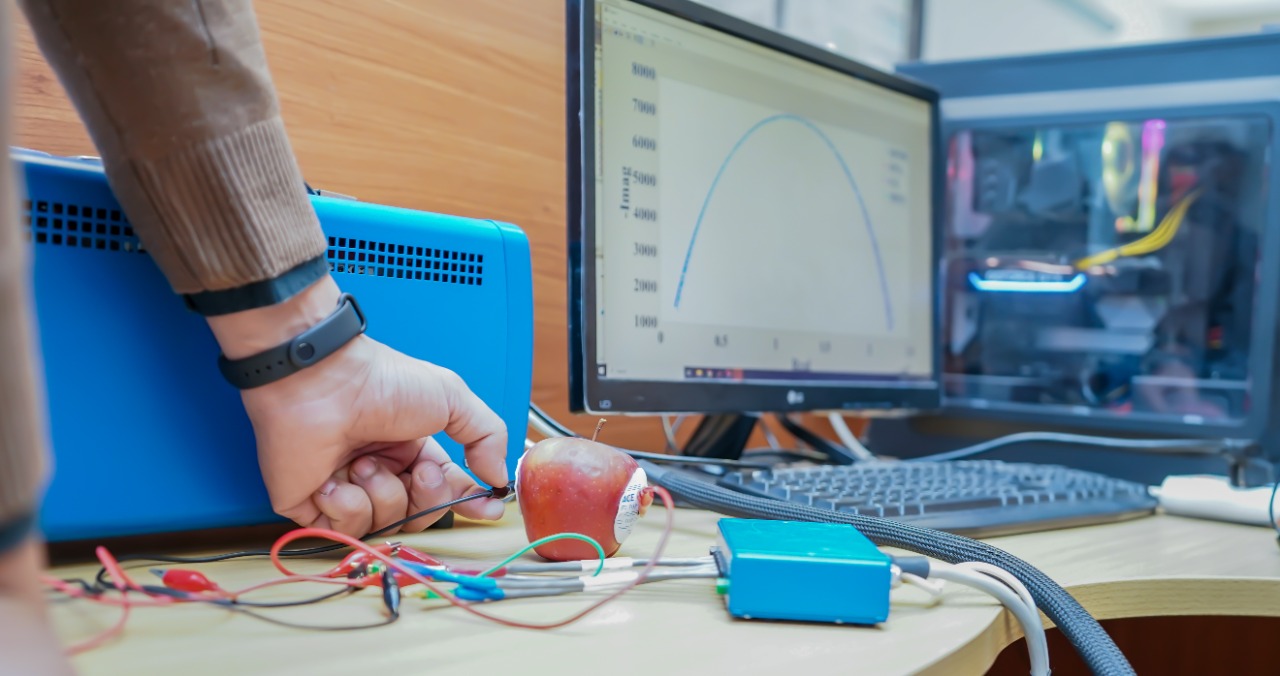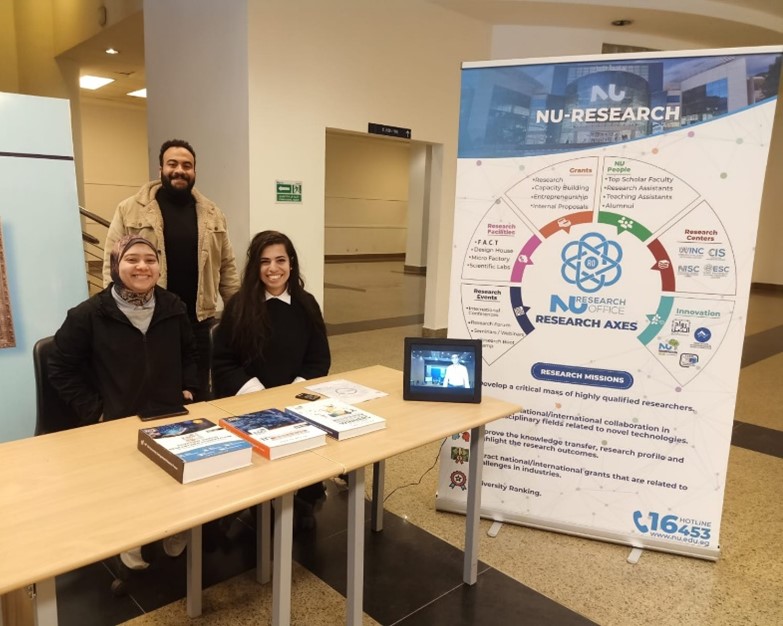Nile University Research Profile
Nile University (NU) is a world-class research-based learning institution committed to excellence in Education and Research.
NU was officially inaugurated in January 2007 as a research university for postgraduate studies. The research strategy is divided into:
- Short Term: Build a generation of researchers with degrees of knowledge and proficiency.
- Middle Term: Strengthen the research collaboration with different universities nationally and in the MENA region.
- Long Term: To be the focal point in the region for scientific research, with which foreign universities seek to cooperate.
Creating A Learning Culture
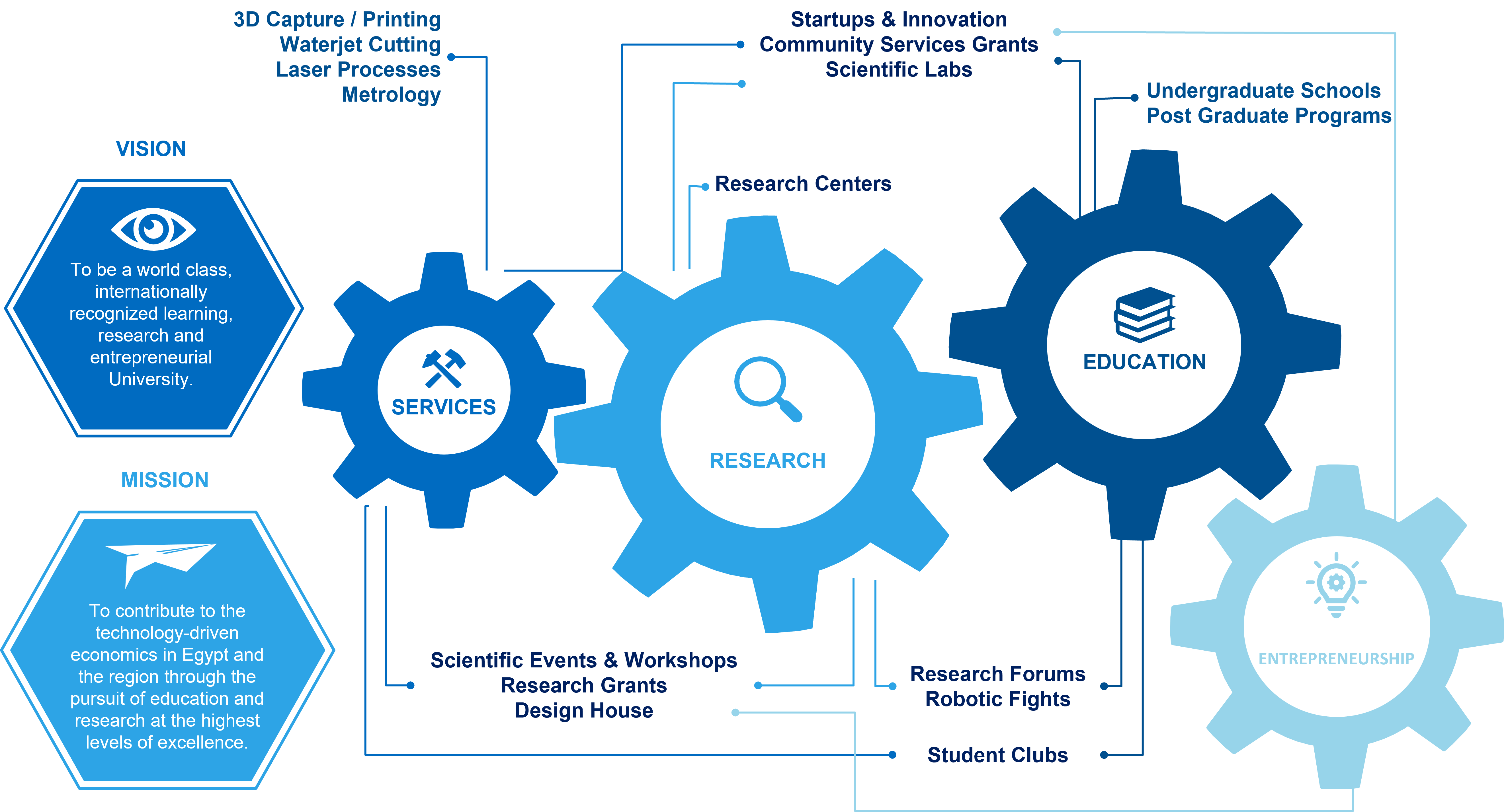
Research Axes

The structure of NU research is different from most Egyptian universities since it depends on six fundamental axes as follows:
- The high profile of faculty members in different tracks and the proper selection of research assistants fully dedicated to their research work and projects. The percentage of NU alumni in multi-national companies and top postgraduate programs in the USA and European universities is relatively high.
- The concept of research centers encourages all professors to collaborate with their teams in a multidisciplinary fashion. NU has five Research Centers in different technological tracks such as Nanoelectronics and recent circuit theory, wireless technologies, computer informatics and big-data, nanotechnology, and intelligent engineering systems.
- Helping startups improve their product and business models and prepare them to scale worldwide. The innovation culture inside NU promotes Entrepreneurship concepts with the help of Innovation Hub and the specialized center IECC, which technically, administratively, and financially guide researchers. As a result, many undergraduate/postgraduate students have their start-ups and incubated companies to realize their ideas.
- The existence of the Grants Office supports the faculty members with all related details for different sponsoring agencies and manages all financial processes with other units inside NU to simplify the resulting reports. During the last 10 years, NU has received many grants from 35 different national and international agencies, most of them for research-oriented projects and more than 15 European projects for capacity-building purposes.
- The technologically based research facilities, scientific labs, and the collaboration/coalition with national and international institutes inside and outside Egypt simplify data collection and processing, especially since the university is open 24 hours a day, 7 days per week.
- The ongoing events inside the university, such as seminars, workshops, invited speakers, boot camps, and the Undergraduate/Postgraduate Research Forums, were initiated five years ago and linked the academic courses with research centers via hundreds of projects running every year. Thus, creating a generation of undergraduate students capable of performing scientific research with all its concepts and fundamentals.
Research Goals
Aims at achieving comprehensive, international research prominence in diverse fields of scholarly inquiry.
|
Quality Attract/Retain Highly Qualified researchers & Vitalize Research Centers |
Impact Focus on Research Areas that Advance knowledge, Impact industry or serve National Agenda |
Internationalization Enhance international collaboration and publishing Rates in multidisciplinary research fields |
|
Grants Improve the awarding rates and values for Sponsored research grant and contracts |
Intellectual Build the NU Intellectual Property (IP) Portfolio |
Ranking Advance/ Promote research output and reputation to enhance NU Ranking |
Research Tracks
Research at Nile University targets areas and challenges of strategic importance to the nation and aims to drive growth for technology-driven economies in Egypt and the region. Applying state-of-the-art technology and capitalizing on strategic academic and industrial partners that are leaders in their fields, NU’s applied research topics address areas such as:


Artificial Intelligence (AI)
Artificial Intelligence (AI)



Software and Communications
Software and Communications



Healthcare
Healthcare



Agriculture and Crops
Agriculture and Crops



Energy and Water
Energy and Water



Mechanical Design
Mechanical Design



Circuit Theory and Applications
Circuit Theory and Applications


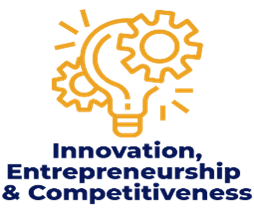
Innovation, Entrepreneurship, and Competitiveness
Innovation, Entrepreneurship, and Competitiveness

Contact Us
For inquiries, please email research.office@nu.edu.eg

